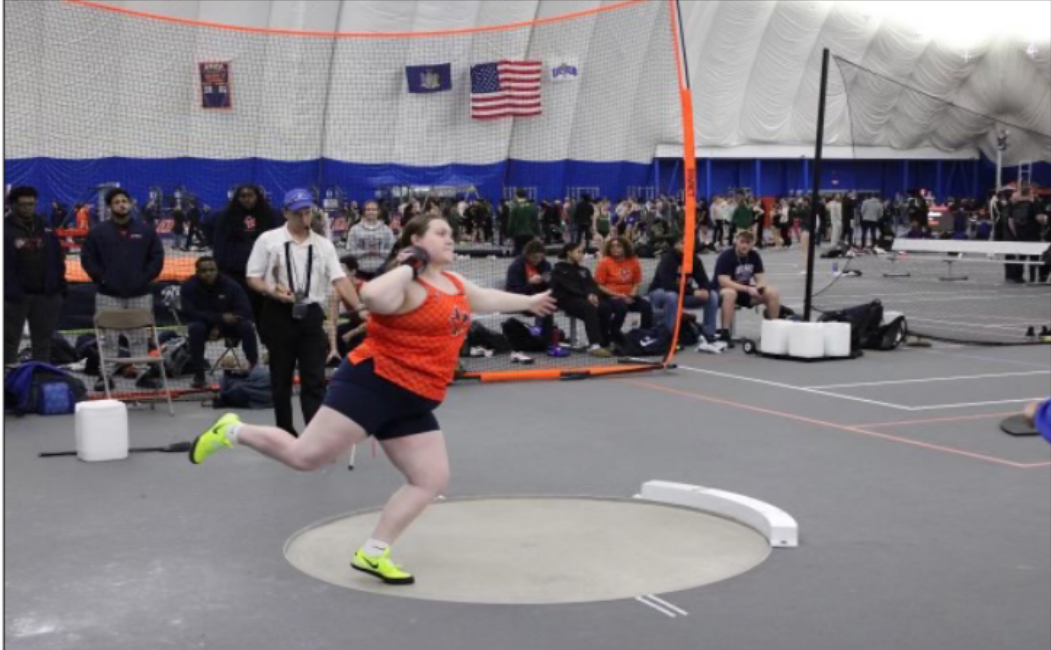Week 1 of the 2019-2020 National Football League season came and went. Teams and players hit the field. However, there is one player that will be enjoying football as a spectator this year.
Indianapolis Colts quarterback Andrew Luck recently shocked the football world and announced his retirement from the league after seven seasons. He was drafted by the Colts with the number one overall selection in the 2012 NFL Draft.
Luck is now 29 years old and in what would be the prime of his career. The announcement sent waves across the league has many fans wondering why.
Over the years, Luck has battled serious injuries that kept him off the field for long periods of time. In 2018, he won the award for Comeback Player of the Year after missing time with a shoulder injury.
All of these injuries did not just take a toll on him physically; they had a large impact on his mental health as well. He said his last four years have been a cycle of injury, pain and rehab. Luck described the cycle as “relentless” and something that took the joy out of the game he loved.
This isn’t the first time football has taken the blame for mental health issues for retired players. Some have seen negative effects long after they hang up their cleats.
New England Patriots tight end Rob Gronkowski also retired this season at age 29.
“It always sucks to see your favorite players retire early, but it sucks even more when you find out they retire because they are in a bad place mentally,” Utica College senior Michael Vargas said.
Seeing high profile players such as Luck and Gronkwoski retire at the same age and mentally worn out was an eye opener for most. It opened the eyes of Michael Colegrove, a sports journalism major at UC.
“Most fans act like it’s not dangerous to go out there and take a hit and get back up,” Colegrove said. “Players have to deal with a lot of outside pressures too that can take a toll on their mental health.”
Job security can never be guaranteed in any professional sports league even those that are stars. Athletes strive for goals consistently and meeting those marks can take a toll. Zachary Martin agrees that life as an athlete can be more daunting than one thinks.
“Every time you get traded or sign to a new team, you have to move yourself or your family to a new place and do everything that goes along with it while still playing,” Martin said. “So I’d assume things are more complicated than people think.”


















![President Todd Pfannestiel poses with Jeremy Thurston chairperson Board of Trustees [left] and former chairperson Robert Brvenik [right] after accepting the university's institutional charter.](https://uticatangerine.com/wp-content/uploads/2023/10/unnamed.jpeg)




















































































































